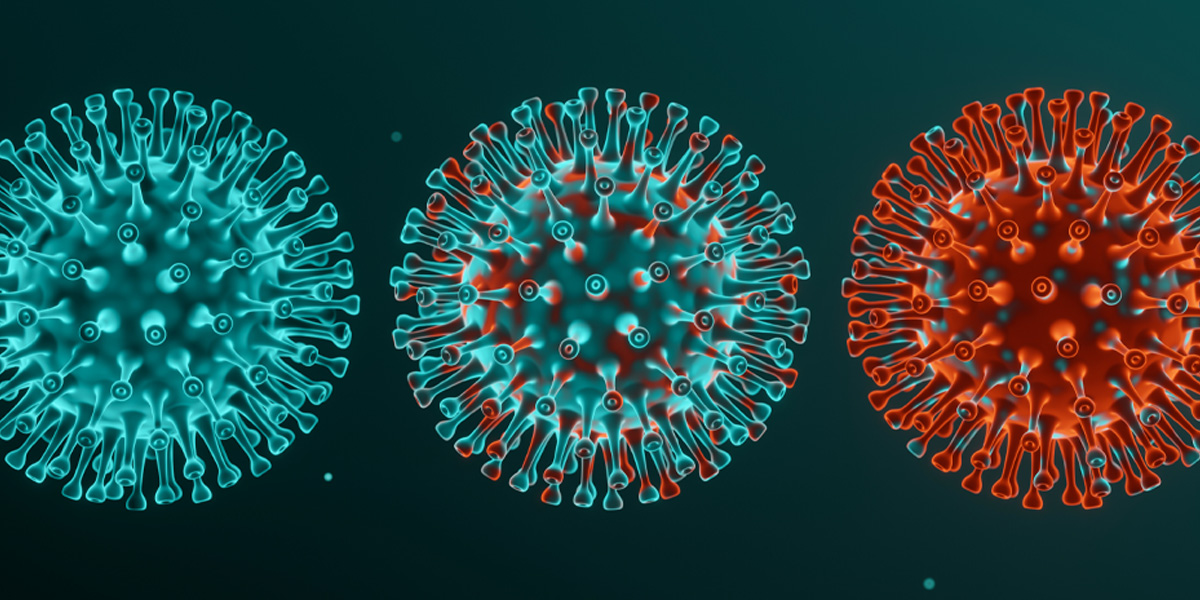What are the vaccine’s side effects and how long will they last?
COVID-19 vaccine questions answered by your hometown doctors.
Dr. Ryan Kroschel responds to concerns his patients have shared with him about the COVID-19 vaccine. Watch the entire video or jump ahead to hear what he tells them. Links to specific questions are provided below.
Want to learn more? Hear from other Welia Health doctors as they address even more topics on COVID-19. Ready to roll up your sleeve? Vaccines are free and available—no appointment required—at Welia Health clinics and communities pharmacies. Visit WeliaHealth.org/Getting-Vaccinated for details.
Common side effects
It is normal to experience some mild discomfort following a vaccine. This means it’s working and creating an immune response in your body.
While you may not experience any side effects from the vaccine, you may feel soreness or experience some swelling in your arm. You may also feel tired, have a headache, fever, or chills. These symptoms do not mean you have COVID-19 — it’s not possible to get COVID-19 from the vaccine.
These side effects may temporarily impact your daily activities, but they shouldn’t last more than 2-3 days. If they continue or get worse, call your provider.
Even if you have these types of effects after your first shot, it’s important to make sure you get the second dose, unless you get the vaccine that only requires one dose. Talk with your doctor if you have questions. Your body takes time to build immunity. You may not be fully protected against COVID-19 until two weeks after your final shot.
In most cases, some discomfort from fever or pain is considered normal. Contact your provider immediately if:
- the redness or tenderness where you got the shot increases after 24 hours
- your side effects are worrying you or do not seem to be going away after a few days
- you develop a severe headache, abdominal pain, leg pain, or shortness of breath within the first three weeks.
Allergic reactions
Severe allergic reactions to vaccines are extremely rare. The FDA says the authorized COVID-19 vaccines appear to be safe for people with common food or environmental allergies.
CDC recommends that people get vaccinated even if they have a history of severe allergic reactions not related to vaccines or injectable medications—such as food, pet, venom, environmental, or latex allergies. People with a history of allergies to oral medications or a family history of severe allergic reactions may also get vaccinated.
If you have had an immediate allergic reaction — even if it was not severe — to a vaccine or injectable therapy for another disease, talk to your doctor.
People who get a COVID-19 vaccine should be monitored. People who have had severe allergic reactions or who have had any type of immediate allergic reaction to a vaccine or injectable therapy should be monitored for at least 30 minutes after getting the vaccine. All others should be monitored for at least 15 minutes after getting the vaccine.
Long-term side effects
Serious side effects that would cause a long-term health problem are extremely unlikely following COVID-19 vaccination.
Long-term side effects following any vaccination are extremely rare. Vaccine monitoring has historically shown that if side effects are going to happen, they generally happen within six weeks of receiving a vaccine dose.
For this reason, the Food and Drug Administration required each of the authorized COVID-19 vaccines to be studied for at least eight weeks after the final dose. Millions of people have received COVID-19 vaccines, and no long-term side effects have been detected.
Source: COVID Coalition











